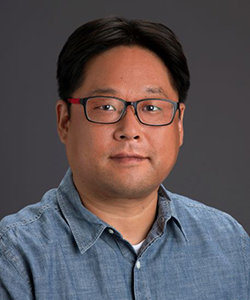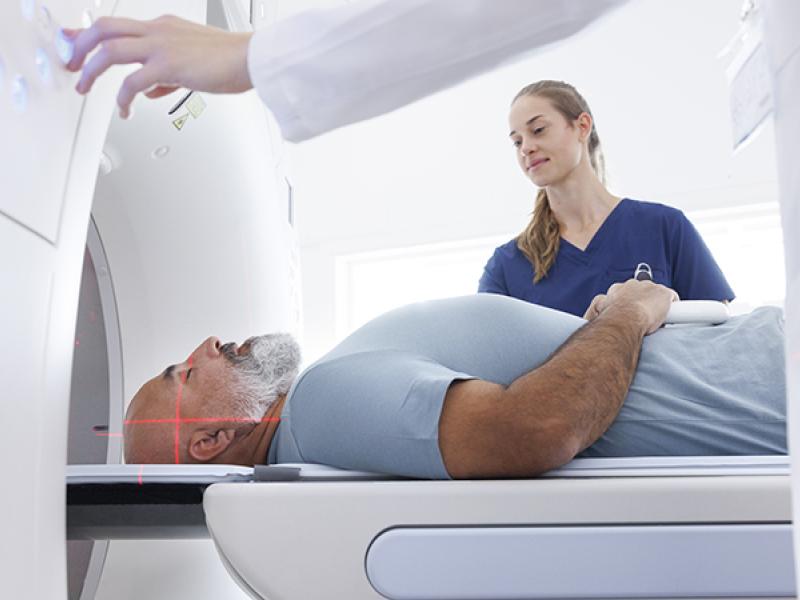
Often the only certain cure for endometrial hyperplasia, the thickening of the lining of the uterus and development of abnormal cells that can lead to endometrial and uterine cancer is the surgical removal of the uterus. For reproductive-age women hoping to achieve pregnancy this approach can be devastating.
Yet, a treatment that is as effective that also preserves a woman’s ability to give birth remains elusive. Now researchers are studying how treatments that preserve the fertility of women with these conditions might be made more effective.

Dr. Tae Hoon Kim, PhD, assistant professor in the Department of Obstetrics, Gynecology and Women’s Health at the University of Missouri School of Medicine has been awarded a five-year. $2.26 million grant from the Eunice Kennedy Shriver National Institute of Child Health and Human Development, an institute of the National Institutes of Health, to study treatments for the preservation of fertility in women of reproductive age with endometrial hyperplasia.
The most common treatment approach short of a total hysterectomy is progesterone therapy. However, response rates vary, and some patients develop resistance to the treatment. Kim’s team is working to unravel the mechanisms involved in progesterone treatment and discovering the biomarkers for both responsiveness and resistance to treatment in women with endometrial hyperplasia and cancer.
“The development of resistance to progesterone therapy in women of reproductive age with these conditions is a frustrating and poorly understood hurdle to fertility-sparing treatment,” said Kim. “Our goal is for these studies to contribute to developing effective treatment programs that eliminate resistance and preserve fertility in women receiving treatment for endometrial hyperplasia.”
Kim’s research lab is in the Roy Blunt NextGen Precision Health building at the University of Missouri. His team’s grant runs through May 2028.

Highlighting the promise of personalized health care and the impact of large-scale interdisciplinary collaboration, the NextGen Precision Health initiative is bringing together innovators from across the University of Missouri and the UM System’s three other research universities in pursuit of life-changing precision health advancements. It’s a collaborative effort to leverage the research strengths of Mizzou toward a better future for the health of Missourians and beyond. The Roy Blunt NextGen Precision Health building at MU anchors the overall initiative and expands collaboration between researchers, clinicians and industry partners in the state-of-the-art research facility.





